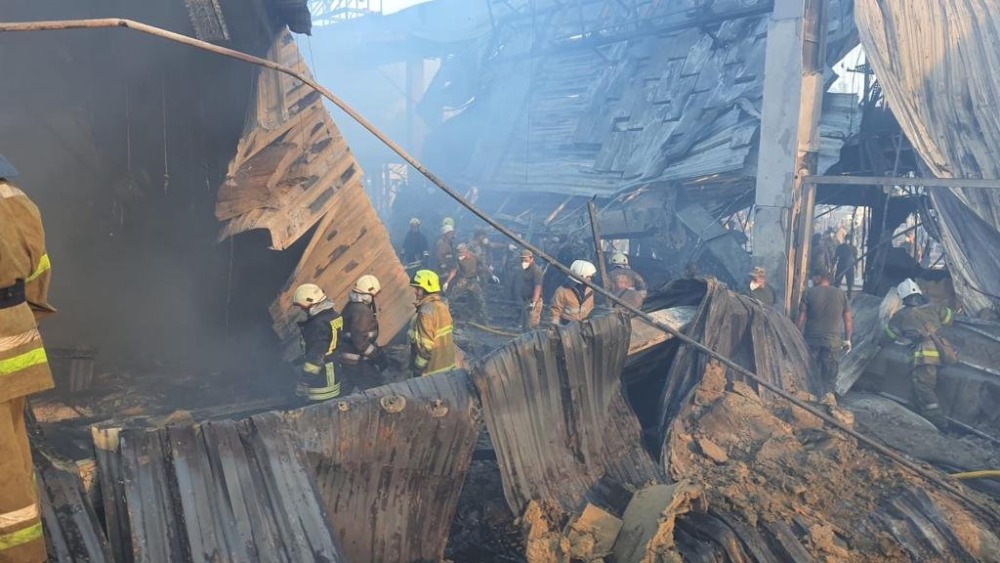Public Opinion Dynamics in Russia Post Prigozhin's Plane Crash

In light of the plane crash that reportedly led to the demise of Yevgeny Prigozhin, we have sought to comprehend the alterations in public sentiment within the Russian Federation. This interpretation of events operates under the premise of available evidence and in the absence of evidence that suggests otherwise.
Evolution of Post-Mortem Perception
Posthumously, the approval rating of Prigozhin has observed a moderate ascendancy in the subsequent weeks since the incident. Notably, these shifts have been especially pronounced within the intermediate categories of approval.
The perceptual evolution concerning Prigozhin can potentially be associated with President Putin's modified rhetoric towards the Wagner group leader. Specifically, on the 24th of August, the Russian President extended his condolences while simultaneously extolling Prigozhin as a "talented" individual.
Comparative Analysis of Other Leaders
While Prigozhin's post-mortem approval exhibits variations, President Putin's own approval ratings have largely remained unwavering. This pattern of stable approval for President Putin is a trend we have consistently recognized over an extended period.
Additionally, Defence Minister Sergei Shoigu's approval ratings have displayed stability, particularly after recuperating from what is termed as the "Prigozhin mutiny" in late June.
Data Representation Specifics
To elucidate the above findings:
- "Fully approve" and "somewhat approve" are denoted as 1.
- "Somewhat disapprove", "fully disapprove", and categories like "don't know" or "prefer not to answer" are represented as 0. The resultant graph integrates 3-day moving averages of these approval ratings.
Public Stance on the "Special Military Operation"
In our continued assessment, no significant shifts in Russian public support for the ongoing "special military operation" against Ukraine have been discerned in the recent weeks. However, it's worth noting some palpable oscillations during the summer, especially amongst the fervent supporters and those preferring not to answer or remain uncertain.
Breaking down the sentiment:
- Less than 40% exhibit full support for the SMO.
- Approximately 25% express tepid support (or as termed in Russian, skoree podderzhivayu).
- Around 15% convey staunch opposition.
- An additional 10% manifest mild opposition and another 10% opt for neutrality or exhibit uncertainty.
Future Insights
Stay tuned for more analyses as we delve deeper into these evolving public sentiments. Our goal is to transition into a biweekly format, offering regular insights. Expect additional commentary, particularly if significant events transpire in the interim.




